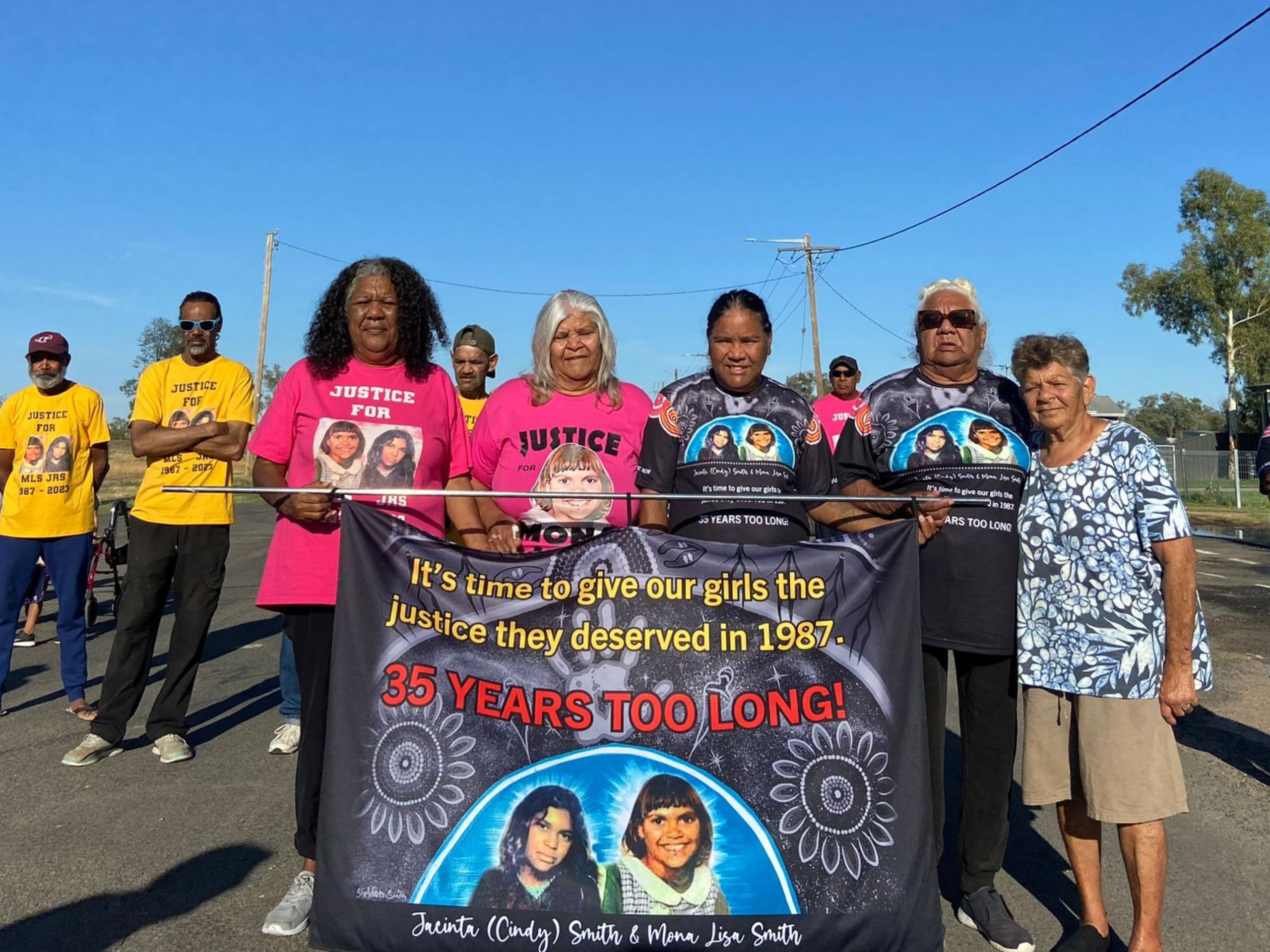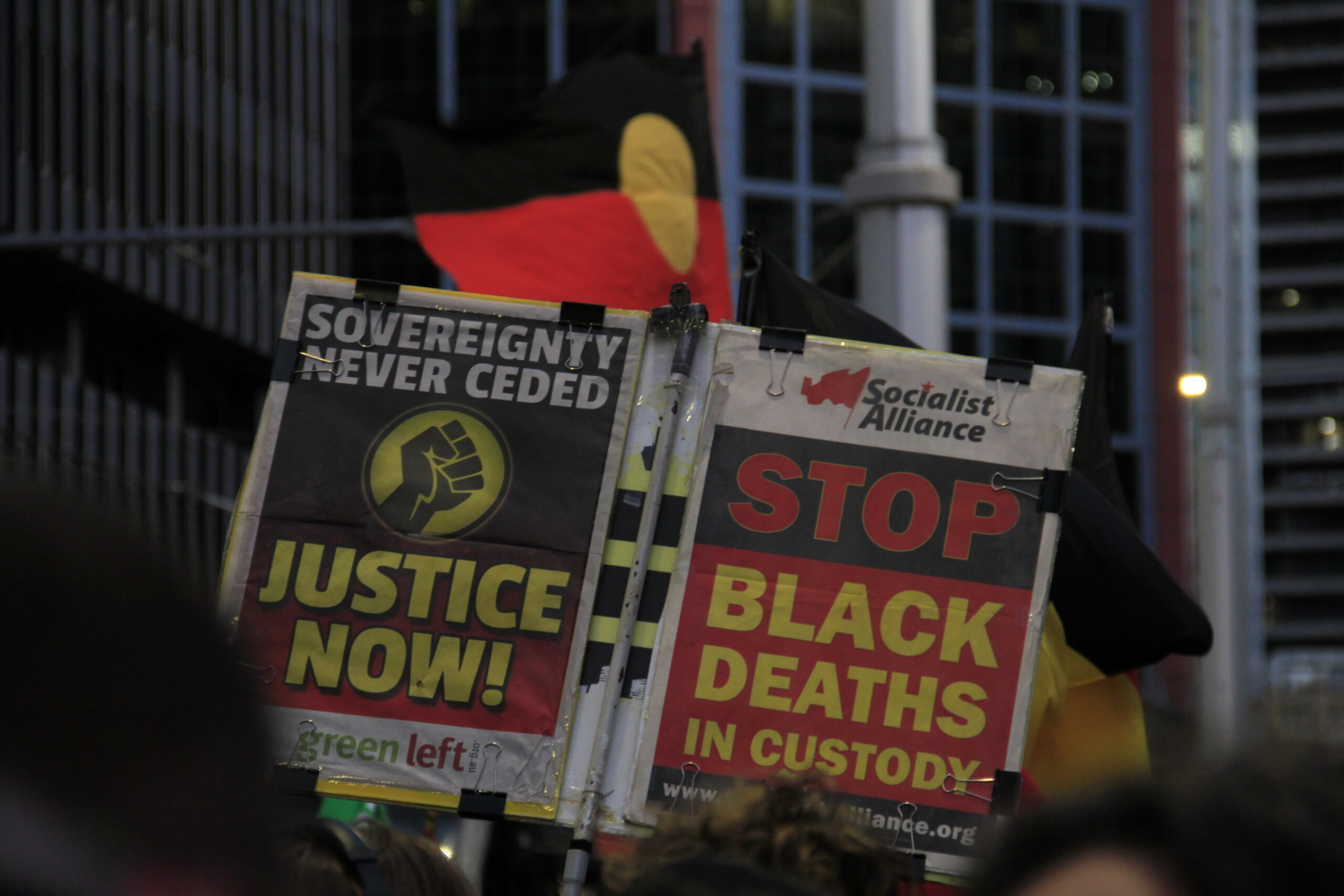Content warning for First Nations readers – the following has the name of a deceased Martu woman.
A coronial inquest into the death in custody of 41-year-old Martu woman Dannielle Lowe was presented with evidence of the impact of unconscious bias against Aboriginal people in clinical decision making and lack of access to Aboriginal health workers.
Ms Lowe had been incarcerated at Wandoo Rehabilitation Prison and died on Christmas Eve in 2022 after what her family believe was a ruptured aneurysm three days earlier. The inquest is investigating the cause of her death and will also determine if it was preventable.
The National Justice Project represented the eight children of Ms Lowe – aged between 5 and 26 years – during the inquest and their fight for justice. Solicitor Rosaleen Jeffries said the inquest was important to hold the prison system accountable for the abysmal standard of health care it provides, especially to First Nations women.
“The Coroner heard evidence that Ms Lowe presented to prison health services on 6 December 2022 with red-flag symptoms of a cerebral aneurysm – sudden-onset severe headache, vomiting and pressure behind the eyes – and that this warranted escalation to a hospital emergency department. This did not occur and over the following 15 days there were several missed opportunities to escalate her care and fully investigate her symptoms,” Ms Jeffries said.
“The inquest was also told that at the time there were no Aboriginal healthcare workers at Wandoo. Even today, there are no Aboriginal healthcare workers employed at the site and Ms Lowe’s family believes this greatly affected the care their mother received,” she said.
The mother-of-eight had completed Wandoo’s rehabilitation program but never made it to graduation and her eldest daughter Dakota Mongoo attended in her place. “Mum would have been so proud to have graduated,” Ms Mongoo said in a statement she read to the court.
“We see justice for our Mum as making sure that this does not happen again. We are hopeful that any findings and recommendations the Coroner makes will bring about real change and we believe that this change should centre access for Aboriginal women in custody to culturally safe, timely, non-discriminatory and empowering healthcare,” she said.
The National Justice Project, together with the Partnership for Justice in Health (P4JH) will continue to advocate alongside families for effective, appropriate and dignified healthcare.
Media Coverage
- “We see justice for our Mum as making sure that this does not happen again” – inquest probes death in custody of Martu woman Dannielle Lowe
National Indigenous Times, 14 March 2025









